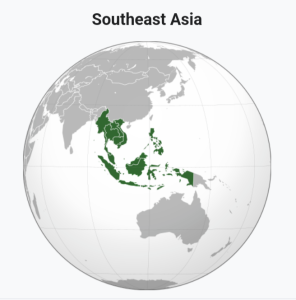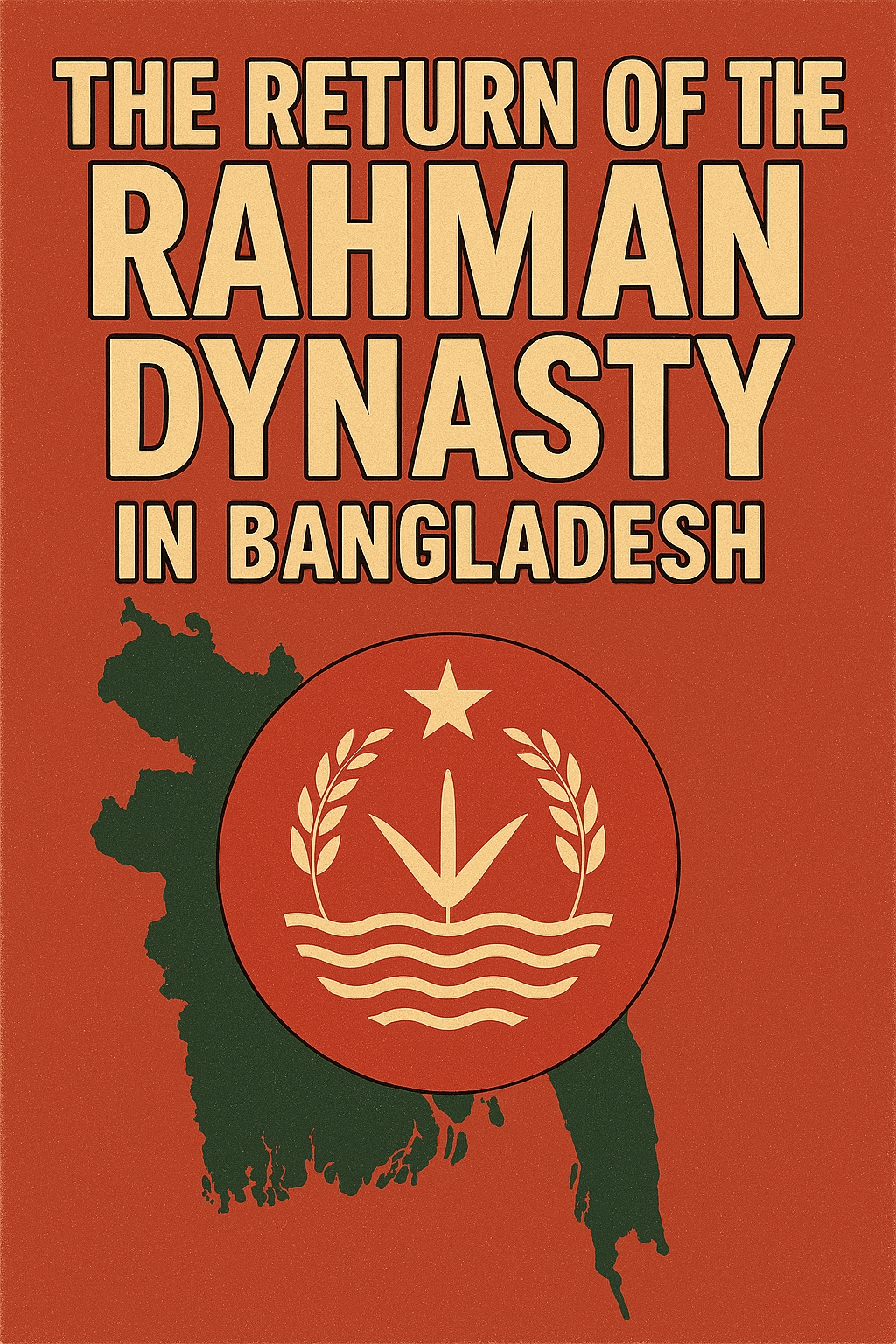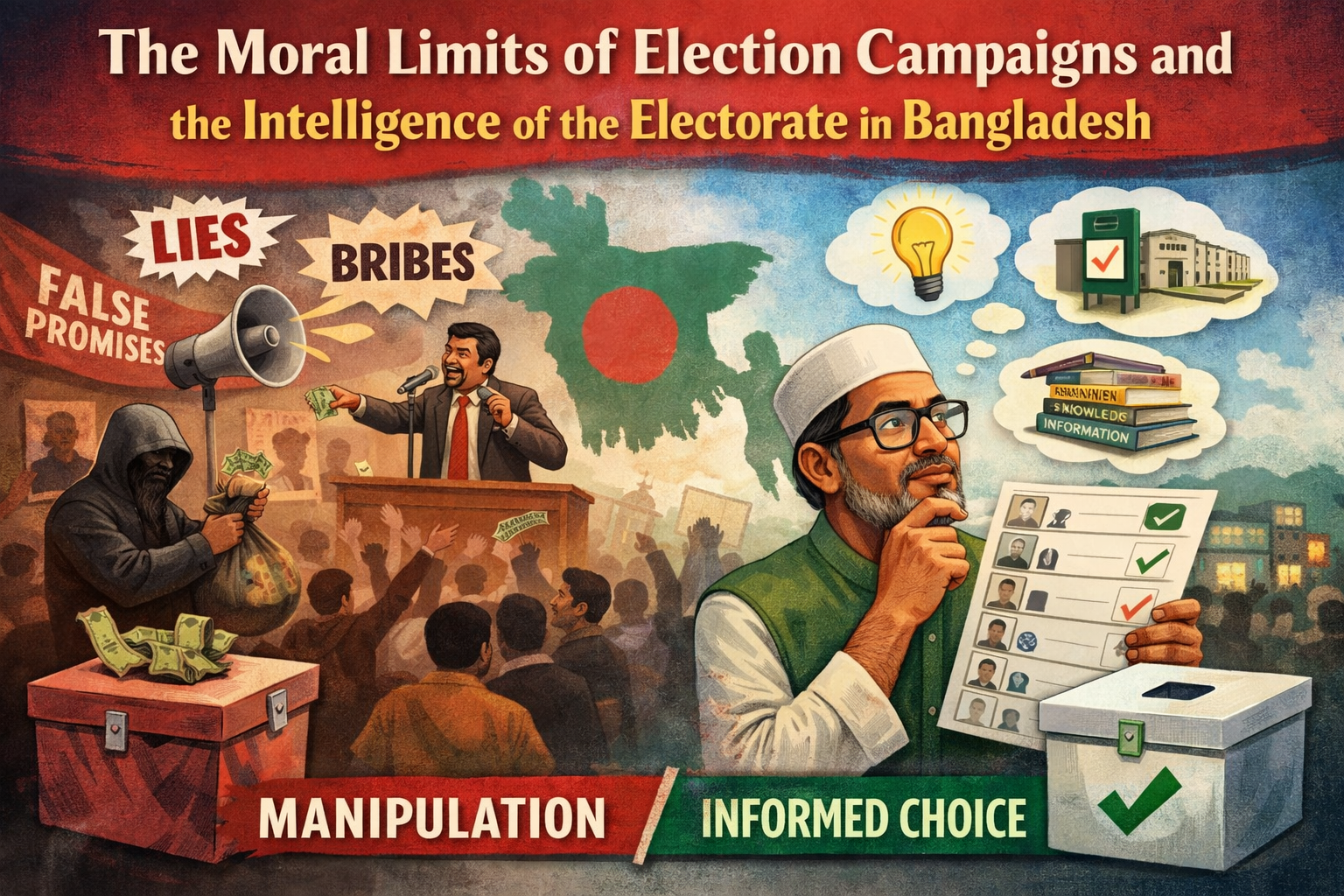Present Threats to Democracy in Southeast Asia

An Analysis of Terrorism, Cross-Border Incursions, Drug Smuggling, Religious Fundamentalism, Debt Issues, Nuclear Weapons, Incursion, Border Disputes, and Maritime Threats
Introduction:
Southeast Asia is a region that has experienced significant economic and social progress over the past few decades. However, alongside this progress, several threats to democracy have emerged, posing challenges to the stability and development of the region. This essay aims to explore the present threats to democracy in Southeast Asia, focusing on various factors such as terrorism, cross-border incursions, drug smuggling, religious fundamentalism, debt issues, nuclear weapons, incursions, border disputes, and maritime threats. Drawing upon reputable sources,I would like to analyse these threats and their potential impact on democratic systems in the region.

- Terrorism: Terrorism remains a major concern in Southeast Asia, with groups such as Jemaah Islamiyah, Abu Sayyaf, and other regional affiliates of extremist networks operating within the region. These groups have carried out attacks targeting civilians and government institutions, seeking to destabilise democratic processes and instill fear. Combating terrorism requires effective regional cooperation, intelligence sharing, and the implementation of comprehensive counter-terrorism strategies.
- Cross-Border Incursions: Cross-border incursions pose a significant threat to democracy in Southeast Asia. Territorial disputes between countries such as China, Vietnam, the Philippines, and Malaysia have led to occasional military confrontations, heightening tensions and hindering regional stability. Such incidents can strain diplomatic relations, impede economic cooperation, and undermine democratic governance in affected countries.
- Drug Smuggling: The region’s geographical location is a hotspot for drug smuggling and trafficking. Organised criminal networks exploit porous borders and weak law enforcement, resulting in the illegal trade of drugs across Southeast Asia. The drug trade fuels corruption, contributes to social instability, and challenges democratic governance and the rule of law.
- Religious Fundamentalism: Religious fundamentalism has risen in Southeast Asia, with extremist ideologies influencing certain segments of society. Groups advocating for radical interpretations of religions have gained prominence, leading to interreligious tensions and occasionally violent incidents. Such extremism threatens democratic values such as religious freedom, tolerance, and pluralism.
- Debt Issues: High debt levels, both at the national and individual levels, have implications for democratic governance in Southeast Asia. Countries burdened with excessive debt may face challenges in providing essential public services, leading to social unrest and dissatisfaction. Moreover, external debt dependency can compromise a nation’s sovereignty, making it susceptible to external influence and eroding democratic decision-making processes.
- Nuclear Weapons: The proliferation of atomic weapons significantly threatens democracy, peace, and stability in Southeast Asia. The region has witnessed increasing concerns over North Korea’s nuclear programme and its potential impact on neighbouring countries. The presence of atomic weapons heightens regional tensions and increases the risk of conflict, undermining democratic efforts for diplomacy and cooperation.
- Incursion and Border Disputes: Disputes over territorial boundaries have been a long-standing challenge in Southeast Asia, hampering regional integration and democratic progress. Countries like China, Taiwan, Vietnam, the Philippines, and Malaysia have conflicting territorial claims, leading to occasional incursions and confrontations. Such disputes strain diplomatic relations, divert resources, and hinder the establishment of trust and cooperation necessary for democratic governance.
- Maritime Threats: The maritime domain presents multifaceted threats to democracy in Southeast Asia. Illegal fishing, piracy, territorial disputes, and resource competition in the South China Sea are significant concerns. These challenges undermine the rule of law, strain diplomatic relations, and hinder economic development, impacting democratic processes in the region.
Conclusion:
Southeast Asia faces a complex array of threats to democracy, including terrorism, cross-border incursions, drug smuggling, religious fundamentalism, debt issues, nuclear weapons, invasion, border disputes, and maritime threats. Addressing these challenges requires strong regional cooperation, diplomatic efforts, and robust democratic institutions. By prioritising the rule of law, human rights, economic development, and security cooperation, Southeast Asian nations can navigate these threats while safeguarding and strengthening their democratic systems.
Bibliography:
- Institute of Southeast Asian Studies. (2019). Southeast Asian Affairs 2019. ISEAS-Yusof Ishak Institute.
- Acharya, A. (2017). The End of American World Order. John Wiley & Sons.
- South, A. (2019). The Politics of Terrorism: Power, Legitimacy, and Violence. Routledge.
- Holsti, K. J., & Siverson, R. M. (1992). War, threats, and international politics. Journal of Conflict Resolution, 36(2), 242-269.
- Seah, D. T. (2017). Piracy in Southeast Asia: Status, Issues, and Responses. Routledge.
- International Crisis Group. (2021). Southeast Asia Conflict Monitor.
- United Nations Office on Drugs and Crime. (2020). World Drug Report 2020. United Nations Publications.
- Rajagopal, B. (2018). International Law from Below: Development, Social Movements, and Third World Resistance. Cambridge University Press.





